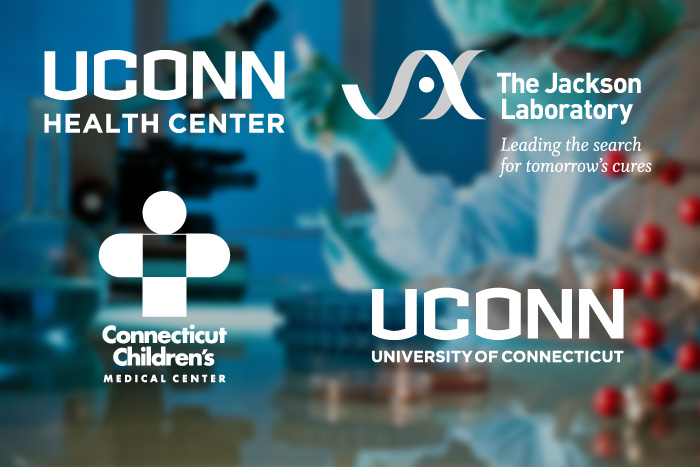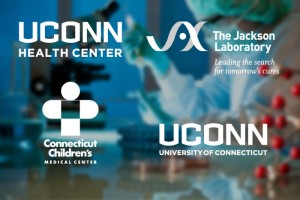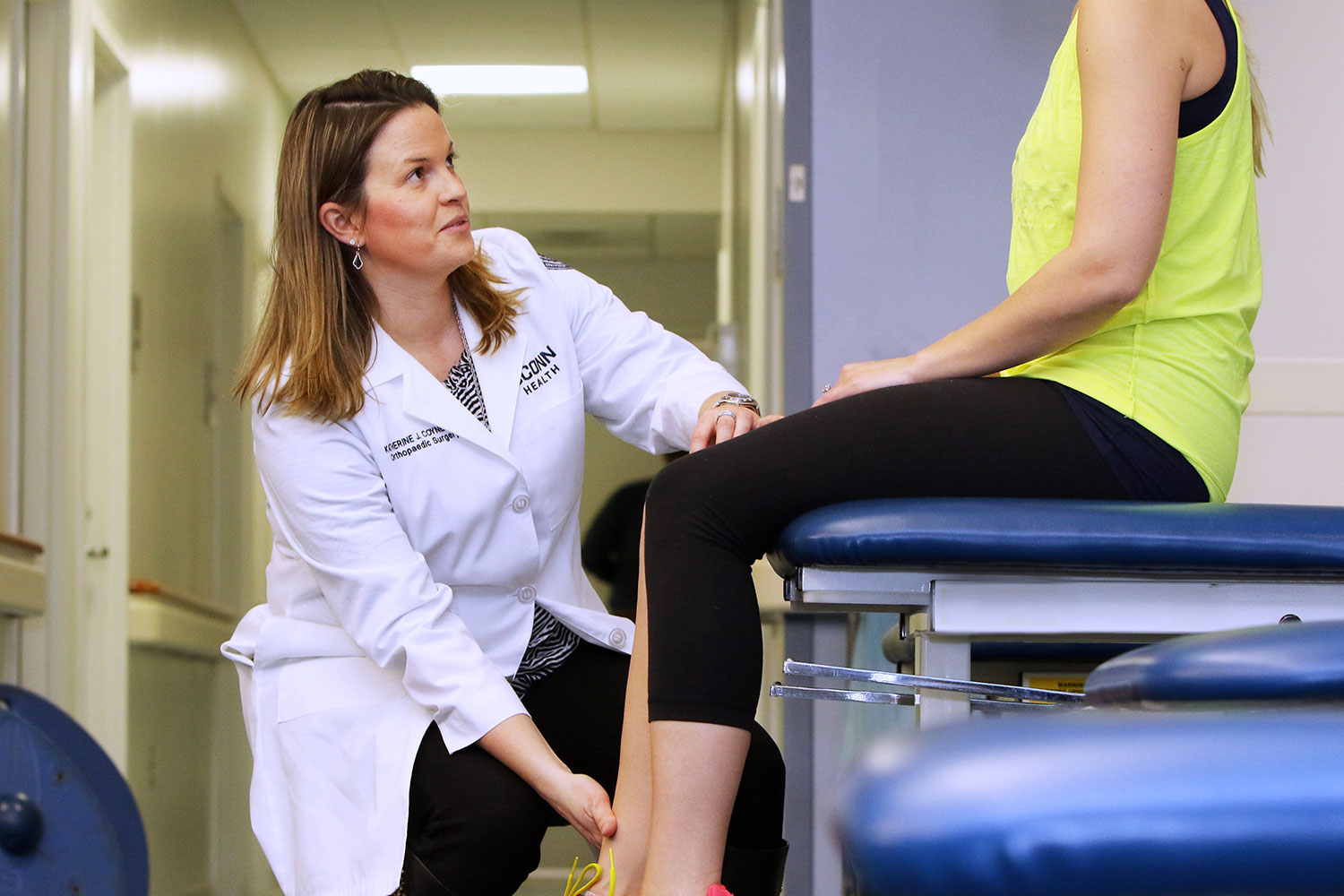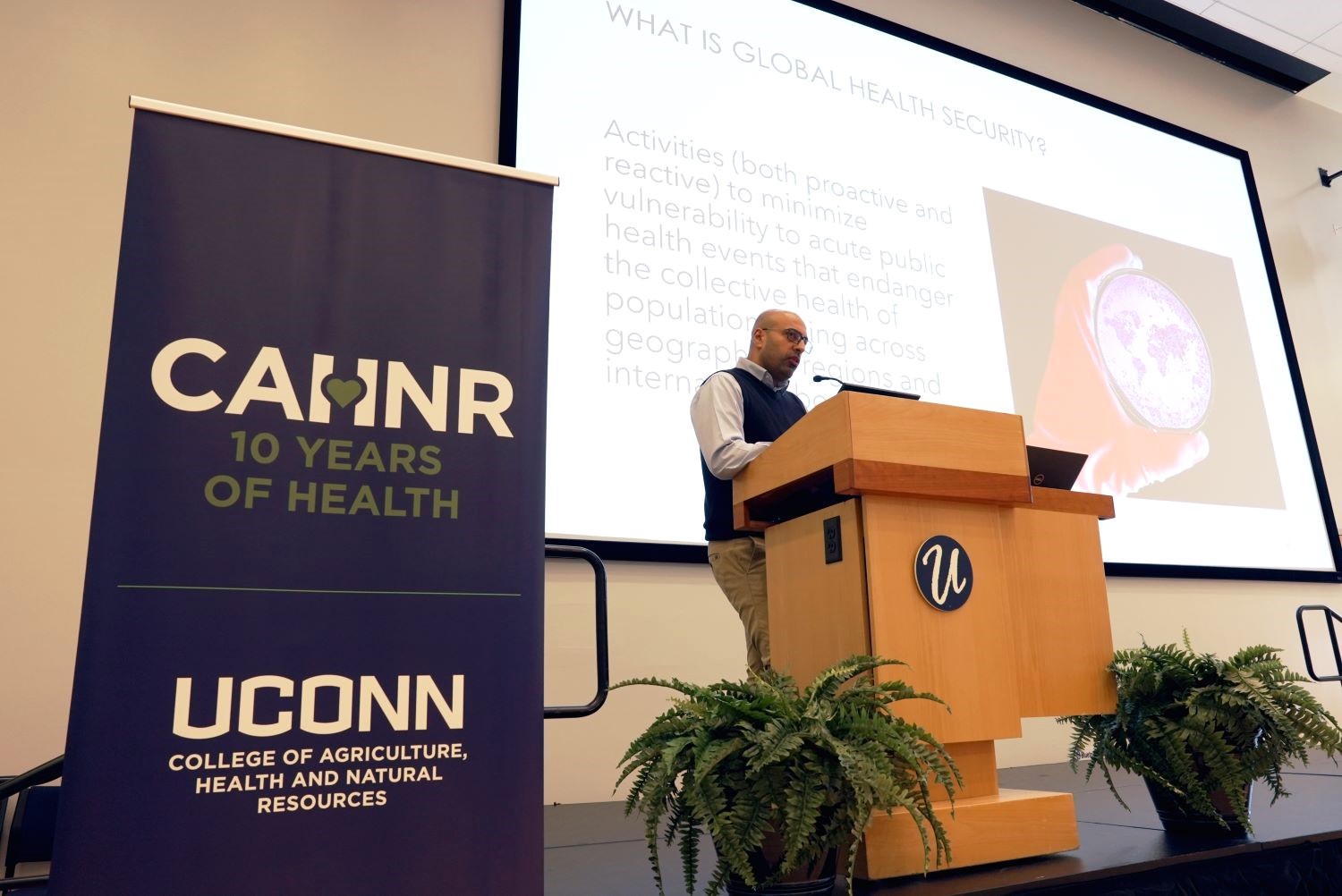The Institute for Systems Genomics at the University of Connecticut has awarded $1 million in funding to four collaborative research programs. The winning programs, being called Affinity Research Collaboratives, will each receive $50,000 per year for five years.
“Our goal in launching Affinity Research Collaboratives, or ARCs, is to spur cross-disciplinary and cross-institutional research programs. This creates new teams of talented investigators who can bring together their different areas of expertise to study important biomedical problems and cure disease. The ARC is also a way to organize research groups that are prepared to apply for larger federal and state funding opportunities,” says Marc Lalande, professor and chairman of Genetics and Developmental Biology at the UConn Health Center, and director of the Institute.
To qualify for the funding, the proposals had to meet specific criteria including interdisciplinary genomics research, integrate at least two disciplines, and consist of a team of at least four investigators with representation from both The Jackson Laboratory for Genomic Medicine and UConn.
The four winning proposals from among 14 submitted by research teams across the region were selected by an external panel. The three reviewers were nationally recognized researchers: Kevin White from the Institute for Genomics and Systems Biology at the University of Chicago and Argonne National Laboratory; Janine LaSalle from the Genome Center and MIND Institute University of California Davis; and Istvan Albert from the Departments of Bioinformatics Biochemistry and Molecular Biology at Pennsylvania State University.
“We are proud to be part of Connecticut’s outstanding and highly collaborative community,” says Jackson Laboratory President and CEO Dr. Edison Liu. “Working together as interdisciplinary and cross-institutional teams gives us the power to tackle cancer, neurological disease, drug response, and other complex health issues.”
The Institute for Systems Genomics was launched last fall to develop a world-class program for research and training in genomics medicine; build relationships between the academic and corporate communities; and encourage students to pursue careers in genomics studies. Institute partners include the University of Connecticut, The Jackson Laboratory, the UConn Health Center, Connecticut Children’s Medical Center, and other regional hospitals and health care organizations.
“The ARC program provides a very exciting opportunity to strengthen collaborations we have developed with JAX investigators over the past year and enhance our long-standing partnership with UConn Storrs and Farmington scientists,” says Dr. Juan C. Salazar, interim physician-in-chief and division head, Infectious Diseases & Immunology, Connecticut Children’s Medical Center and interim chair of Pediatrics, UConn School of Medicine.
“These investments in world-class research partnerships are part of UConn’s commitment to become a leader in genomics-based biomedical research and disease prevention. With the strong support of the State of Connecticut, we intend to propel this institution into the ranks of the very best public research universities in the U.S.,” says Jeffrey Seemann, UConn’s vice president for research.
Description of the Winning Affinity Research Collaborative Projects
- Early Life Physiological and Psychosocial Stress Imprints Gut Microbiome in Preterm Infants
Premature infants subjected to stressful early life experiences develop an altered gut microbiome increasing risk for neurodevelopmental morbidity and gastrointestinal (GI) dysfunction. Using state-of-the-art analytic and computational methods, the researchers will investigate the linkage of early life stress with the brain-gut-microbiota mechanism in human preterm newborns.
- Use of Diversity Outbred Mice to Study Cardiotoxicity of Chemotherapeutic Agents
Toxic side effects of chemotherapy are major causes of mortality and morbidity among cancer patients. Genetic factors play an important role in determining individual susceptibility. The researchers’ aim is to discover genetic variants, biomarkers, and mechanisms of drug toxicity using animal models, which will ultimately lead to new and better-tolerated therapies.
- Chromatin Interactions, Epigenomics, and Transcriptional Response to Drug Induction
Drug-drug interactions are a significant clinical concern, especially for people over the age of 50 who may take more than one medication a day. The research goal is to better understand the molecular mechanisms involved, and to better predict the therapeutic efficacy and potential adverse drug reactions when patients take multiple drugs together.
- Neuronal Synaptic and Circuit Dysfunction in the Autism Spectrum Disorders
Autism spectrum disorders (ASD) affect 1 in 88 children and are the fastest-growing serious developmental disability in the U.S., but little is known about the neuronal deficits that lead to the behaviors that characterize ASD. The research goal is to acquire new information about neuronal dysfunction in ASD and develop an integrated approach for the use of stem cell and mouse models to study this serious developmental disorder of children.
For a complete list of investigators involved in these projects go to today.uchc.edu/pdfs/winning_arcs.pdf
The Institute for Systems Genomics will sponsor a symposium in Storrs on Sept. 23 to officially launch the ARC projects. The program will include a presentation by each of the three scientists on the external review panel and by a representative from each of the funded ARCs.
Follow the UConn Health Center on Facebook, Twitter and YouTube.




